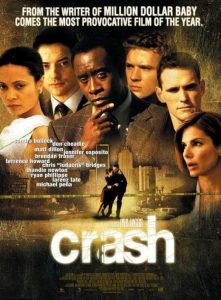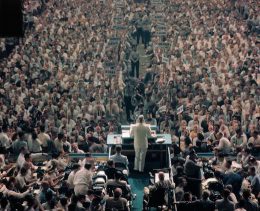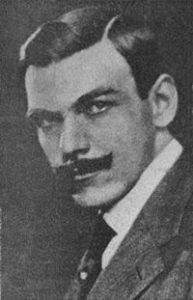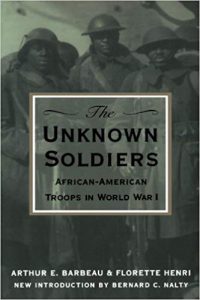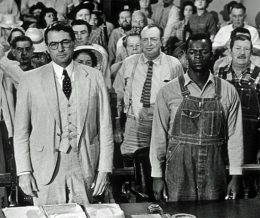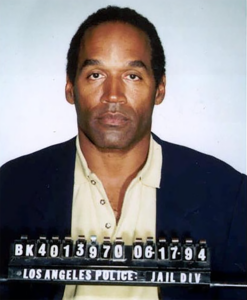
O. J.’s 1994 mug shot, courtesy of Wikipedia.

O. J.’s 1994 mug shot, courtesy of Wikipedia.
2,110 words
O. J. Simpson: 1947-2024
Up until June 12, 1994, white America was convinced that O. J. Simpson was “one of the good ones.” When it turned out that he wasn’t — and that black America supported him, anyway — race relations took a permanent turn for the worse.
June 12 is my birthday and, possibly overdosing on cake, I’d fallen asleep in my Hollywood apartment around dusk, only to be rustled from slumber by my first wife, who shook me awake to say, “Jimmy — O.J. Simpson murdered his wife.” (more…)
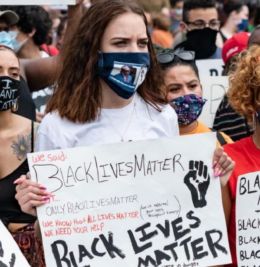

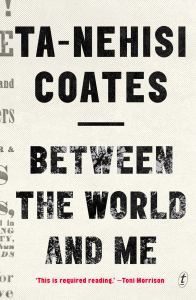

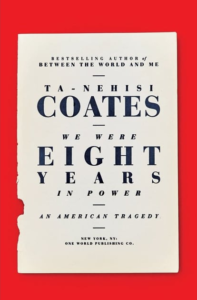 2,085 words
2,085 words